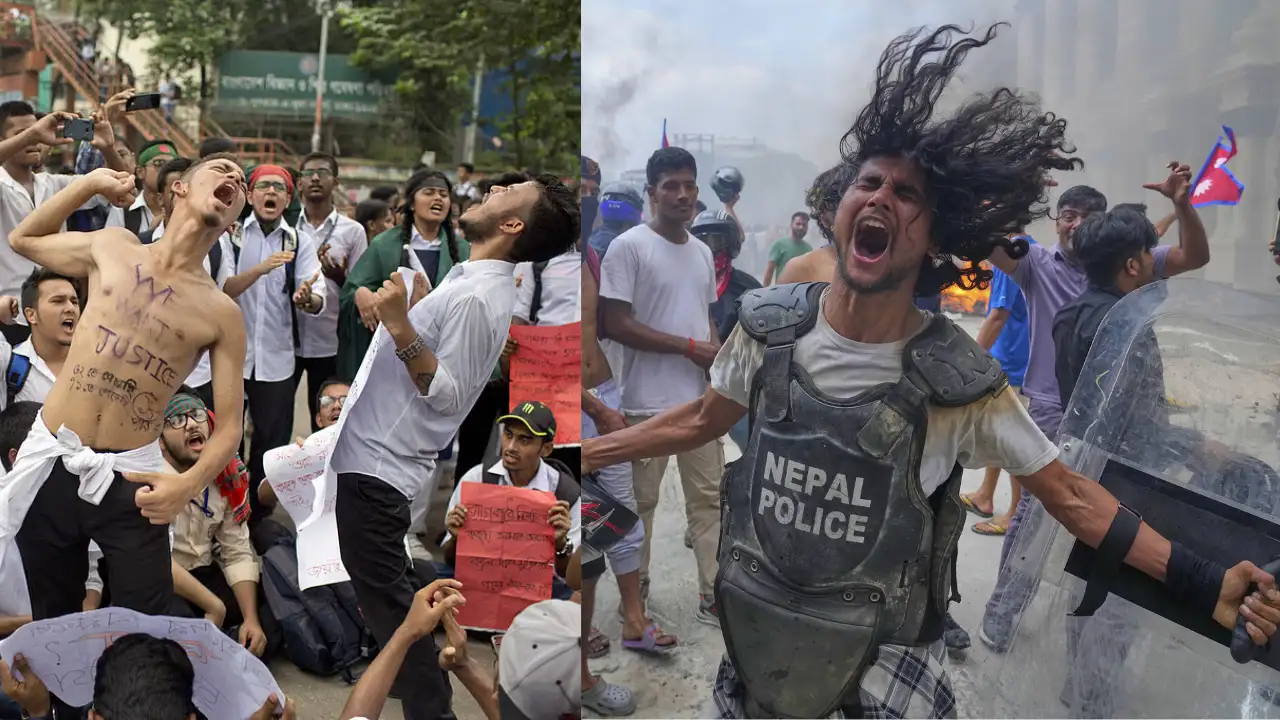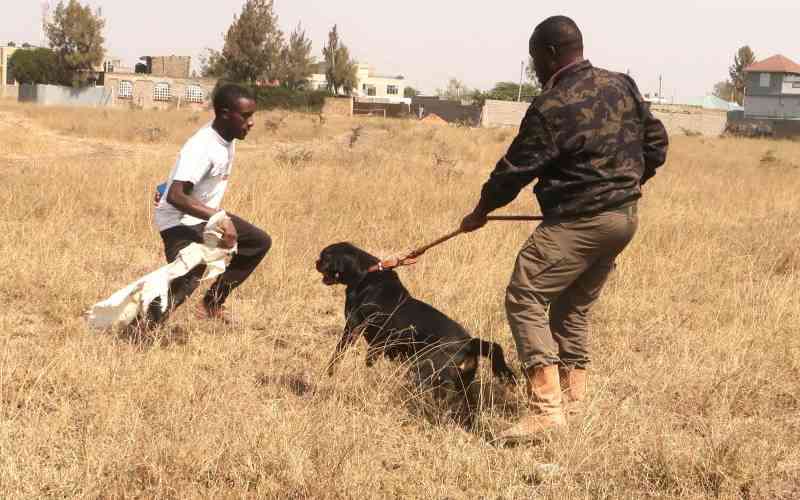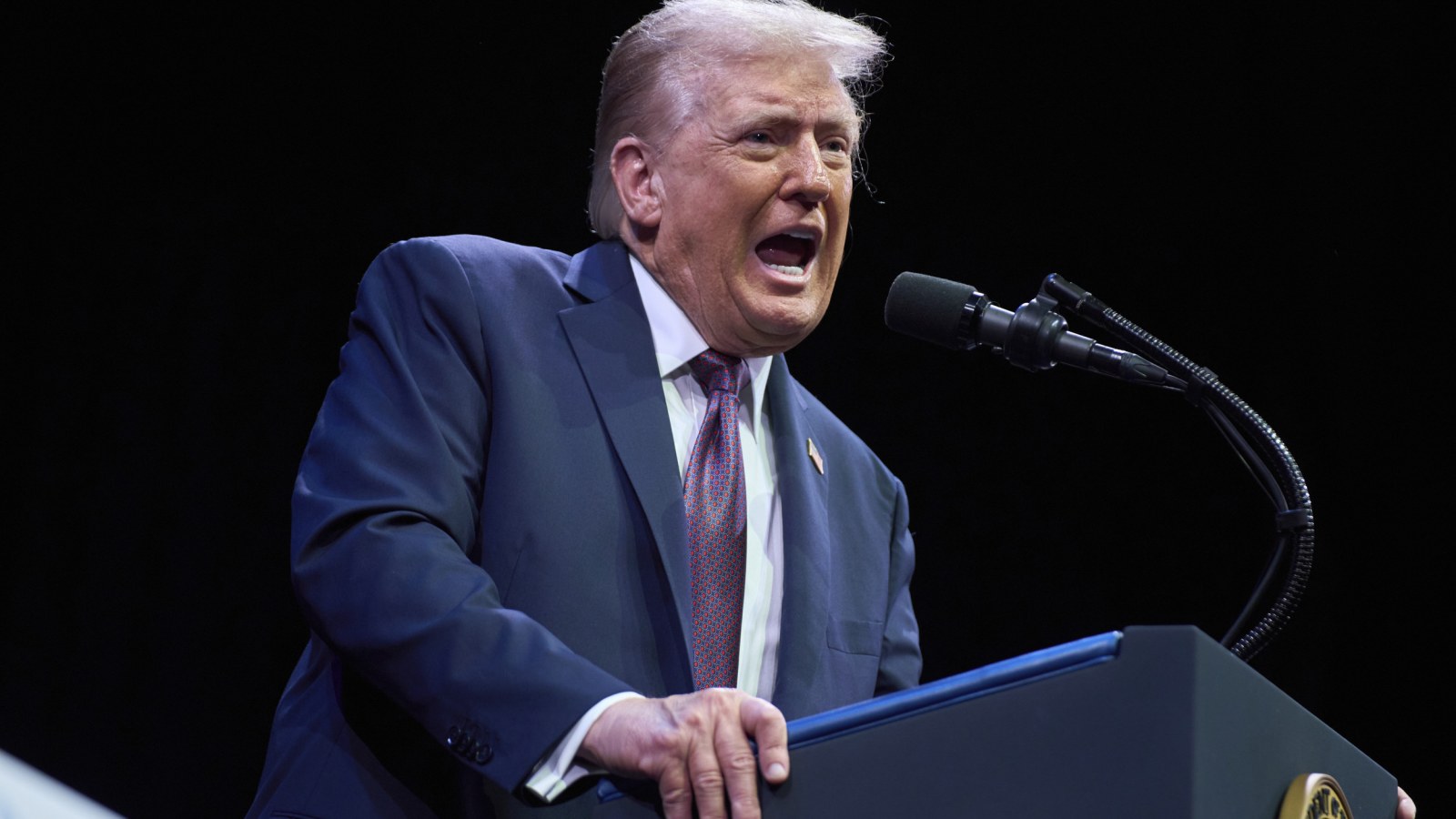By Apoorva Shukla
Copyright timesnownews

The resignation of Nepal’s Prime Minister KP Sharma Oli amid violent protests in Nepal has brought back the memories of Bangladesh, where mass demonstrations forced Sheikh Hasina to step down after being nearly 15 years in power and flee the country. In both countries, anti-incumbency, anger over corruption, and curbs on freedom of expression spilled onto the streets, with young people playing a central role in the movements. In both, Nepal and Bangladesh, public protests challenged the established governments and shook the political systems. Nepal Unrest: Social Media Ban And Gen Z Protests Nepal is reeling under a serious political crisis as Prime Minister KP Sharma Oli resigned in the face of massive protests for a second day. The demonstrators stormed many government buildings and set the parliament as well as homes of several high-profile leaders ablaze, a day after 19 people died in violence. The protest, initially, began against the Oli government’s ban on social media platforms. Though the Nepal government revoked its ban on social media websites following the protests led by ‘Gen Z’ youths, the agitators continued their demonstration against corruption and demanded accountability for the death of 19 people. The Gen Z group, which has been campaigning against corruption for some time, has used social media platforms like Reddit and Instagram to expose what they called the “extravagant lifestyles of the children of ministers and other influential figures.” They have posted videos and images, questioning the sources of wealth that fund such opulence, purportedly derived from corrupt practices. The ban which began against social media ban expanded into a larger campaign reflecting growing public criticism of the Oli dispensation and the country’s political elite over alleged corruption and apathy towards the common people. In the evening, the Nepalese Army called for calm and dialogue to resolve the crisis. The Army on Tuesday took charge as Army Chief Ashok Raj Sigdel asked the protesting groups to suspend their agitation and engage in dialogue. How Youth Protesters Forced Hasina To Flee Bangladesh Prime Minister Sheikh Hasina has resigned and fled Dhaka in August last year amid massive protests against her government. The protests began against Hasina’s Awami League-led government over a controversial quota system that reserved 30 per cent of government jobs for relatives of veterans who fought in Bangladesh’s War of Independence in 1971. While the quota system was scaled back, the crackdown on the demonstrations led to death of several protesters, fueling their anger. It forced the Prime Minister, who has just won her fifth them and declared as prostest as a “time waste” to flee. Hasina left Bangladesh amid the unrest and flew to the Hindon air base, near Delhi, in a Bangladesh military aircraft. Amid claims that Hasina fled the country to save her own life, her son Sajeeb Wazed Joy said that the family insisted her to leave to stop the bloodshed. Following Hasina’s ouster, Nobel laureate Mohammad Yunus took oath as the head of Bangladesh’s interim government and was administered the oath of office by President Mohammed Shahabuddin at a ceremony in Dhaka. The next election in the country is likely to be held by February 2026. A Common Streak: Protesters Attack, Vandalise Leaders’ Homes A series of destruction of homes of former leaders was witnessed not in Bangladesh, but also Nepal. Thousands of protesters in Bangladesh took out their anger at exiled former Prime Minister Sheikh Hasina by destroying a family home that came to symbolize the country’s independence once. Several houses and businesses belonging to Hasina’s Awami League supporters were also targeted by the protesters. In Nepal, Oli stepped down after hundreds of agitators entered his office, shouting slogans and demanding his ouster. Protesters also vandalised torched the residences of several leaders including former PM Sher Bahadur Deuba, former home minister Ramesh Lekhak, President Ramchandra Paudel, former prime minister Pushpa Kamal Dahal, and Communication minister Prithvi Subba Gurung among others. (With agency inputs)



